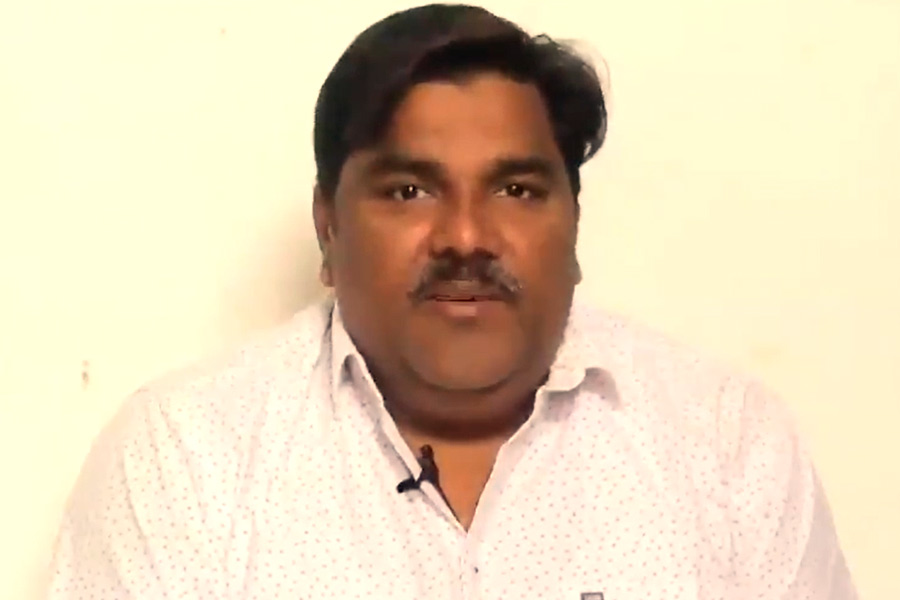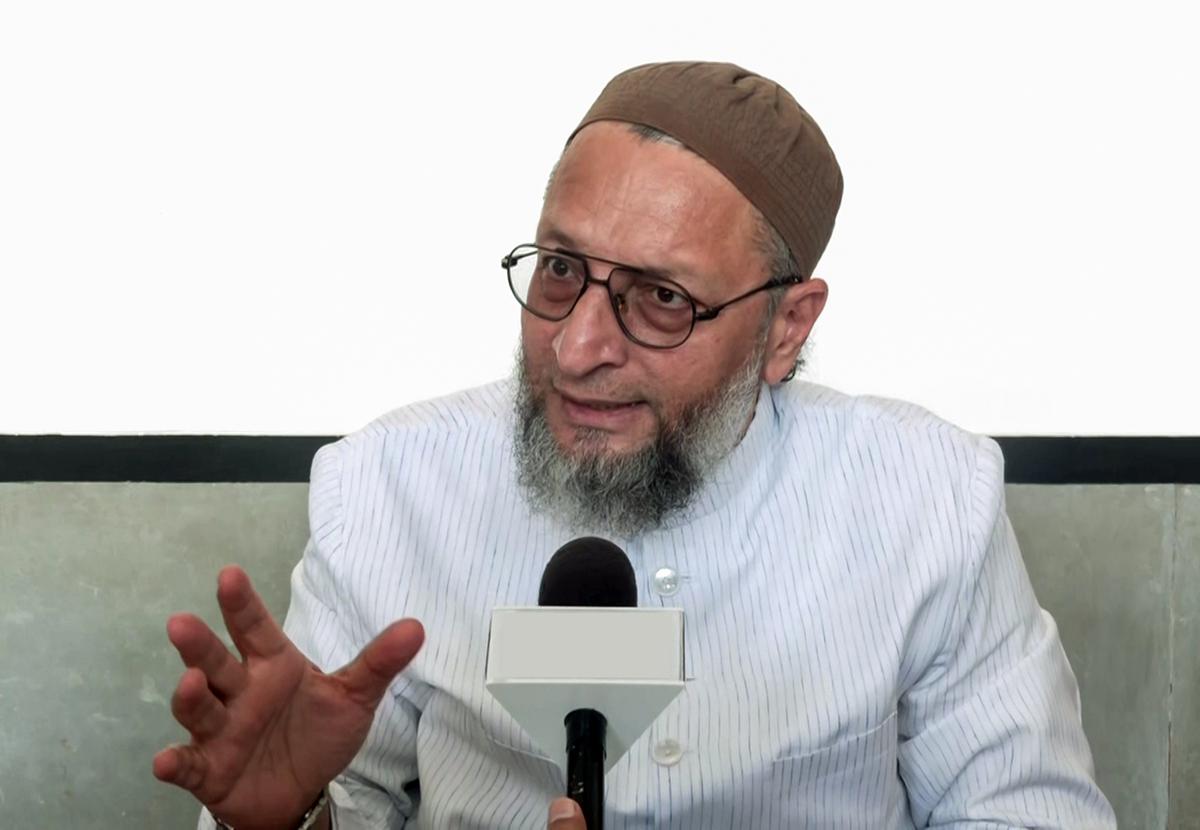Corruption, casteism, communalism will have no place as India will be developed nation by 2047, says PM Modi
Mon 04 Sep 2023, 01:31:24
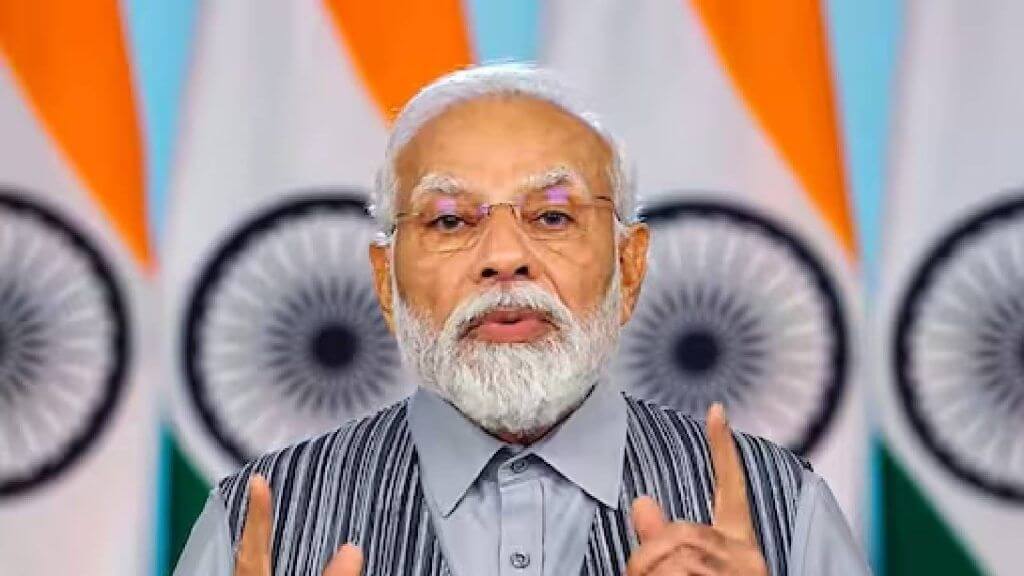
Ahead of the G20 Summit in New Delhi next week, Prime Minister Narendra Modi outrightly rejected the objections raised by Pakistan and China for holding meetings in Kashmir and Arunachal Pradesh and asserted it was natural to hold meetings in every part of the country.
“Such a question would be valid if we had refrained from conducting meetings in those venues. Ours is such a vast, beautiful and diverse nation. When G20 meetings are happening, isn’t it natural that meetings will be held in every part of our country,” PM Modi said in an exclusive interview with the news agency PTI.
The Prime Minister reflected on the significance of the G20 Summit scheduled to be held on September 9 and 10 and said that there are several impacts from India’s Presidency of the global event are “close to his heart”.
“Many positive impacts from India's G20 Presidency, some very close to my heart,” he said.
“In G20, our words and vision are seen by the world as a roadmap for the future and not merely ideas,” he added.
The Prime Minister assured India's support in the efforts to ensure world peace irrespective of the G20 Presidency.
"Whether as G20 President or not, we will support every effort to ensure peace across the world. We will continue constructive contribution well past our G20 Presidency," he said.
PM Modi said that the G20 ministerial decisions taken across all domains will prove to be "pivotal" for the world's future.
He noted that his government's domestic approach to addressing the most backward and neglected people is also guiding India at the global level.
"The theme of India's G20 Presidency 'Vasudhaiva Kutumbakam' is not just a slogan but a comprehensive philosophy derived from our cultural ethos. Once seen simply as a large market, India is now part of solutions to global challenges. India's G20 Presidency also sowed seeds of confidence in countries of the so-called third world," he said.
The Prime Minister advocated for Africa at G20 and said that there can be no future plan for Earth that can succeed without all voices being heard.
"Over 1.5 crore Indians were involved in year-long G20 programmes. Africa is a top priority for us in G20; no future plan of earth can succeed without all voices being heard," he said.
The Prime Minister took a jibe at the previous governments
and said that there was an attitude of getting things done in the national capital and added that they lacked confidence in the people of different parts of the country.
and said that there was an attitude of getting things done in the national capital and added that they lacked confidence in the people of different parts of the country.
"Unfortunately, in the past, there used to be an attitude of getting things done right here in Delhi, in and around Vigyan Bhavan. Perhaps because it was an easy way out. Or perhaps because those in power lacked confidence in the people of different parts of the country to successfully execute plans of such scale. Our government changed the approach," he said.
"If you observe carefully, over the years, we trusted the people of every region. The 8th BRICS Summit happened in Goa. The 2nd FIPIC summit involving many Pacific Island nations happened in Jaipur. The Global Entrepreneurship Summit happened in Hyderabad. Similarly, we ensured that many foreign leaders who visited our country were hosted at various places across the country rather than just in Delhi. The same approach is continuing in the G20 too, albeit at a larger scale," he added.
PM Modi reiterated his vow to place India among the top three economies of the world in his next tenure.
“India will be in the top three economies of the world in the near future. Indians today have a great chance to lay the foundation for growth that will be remembered for the next thousand years. For long India was seen as a country of 1 billion hungry stomachs, now it is 1 billion aspirational minds, 2 billion skilled hands,” he said.
India's USD 3.39 trillion GDP overtook that of the UK in the fiscal year ending March 31, 2022, making it the fifth-largest economy in the world behind the US, China, Japan and Germany.
The Prime Minister said that India will be a developed nation by 2047 and will have no place for corruption, casteism, and communalism.
“"With such momentum, I am positive that we will be in the top three economies in the near future. By 2047, I am sure that our country will be among the developed countries. Corruption, casteism and communalism will have no place in our national life. The quality of life of our people will be on par with the best countries in the world. Most importantly, we will achieve all of this while caring for both nature and culture. We have democracy, demography, and diversity and we have now added fourth 'D' i.e. development,” he said.
“'Sabka Saath, Sabka Vikas' can also be a guiding principle for the welfare of the world,” he added.
No Comments For This Post, Be first to write a Comment.
Most viewed from National
Most viewed from World
AIMIM News
Asaduddin Owaisi questions PM Modi's China policy
Jan 08, 2025
Owaisi slams UP over police post near Sambhal mosque
Dec 31, 2024
Owaisi hails SC order on Places of Worship Act
Dec 13, 2024
AAP Corporator Tahir Hussain joins AIMIM party
Dec 11, 2024
Latest Urdu News
Most Viewed
May 26, 2020
Which political party will win the Delhi Assembly polls to be held on Feb 5?
Latest Videos View All
Like Us
Home
About Us
Advertise With Us
All Polls
Epaper Archives
Privacy Policy
Contact Us
Download Etemaad App
© 2025 Etemaad Daily News, All Rights Reserved.

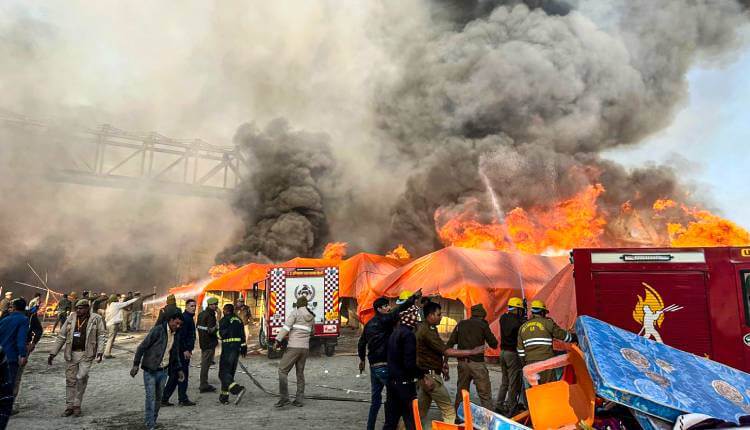
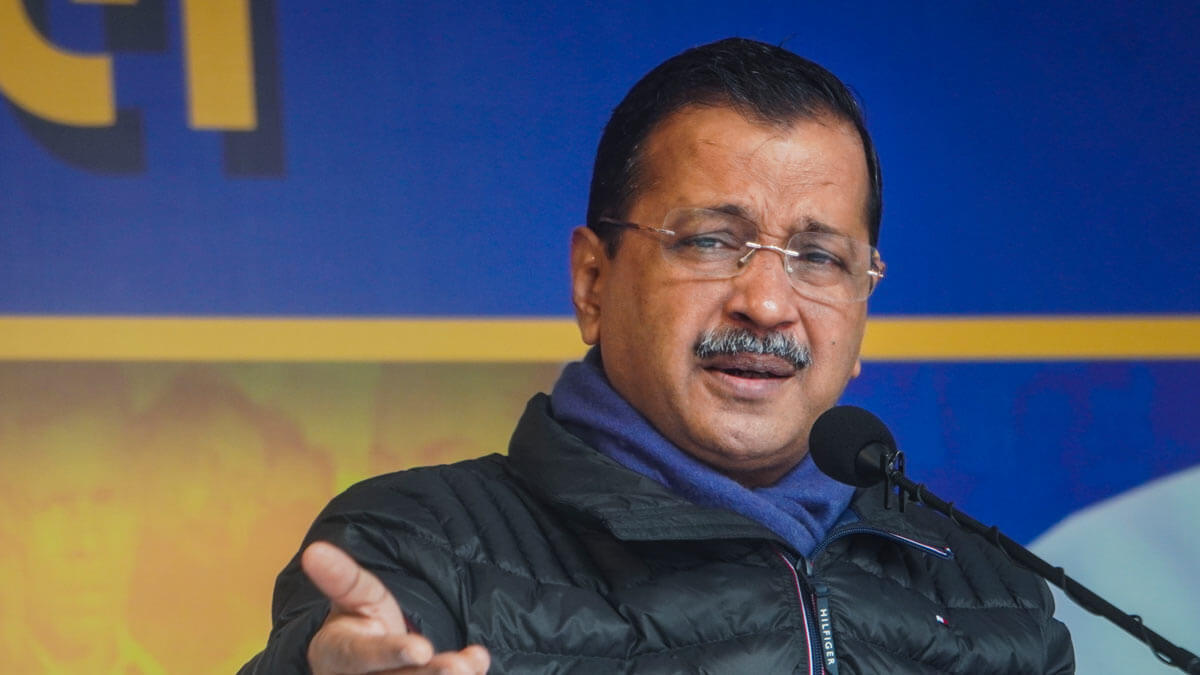
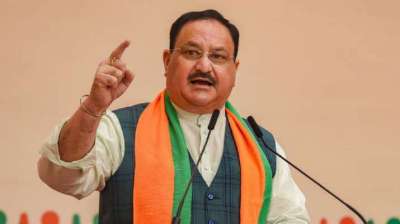
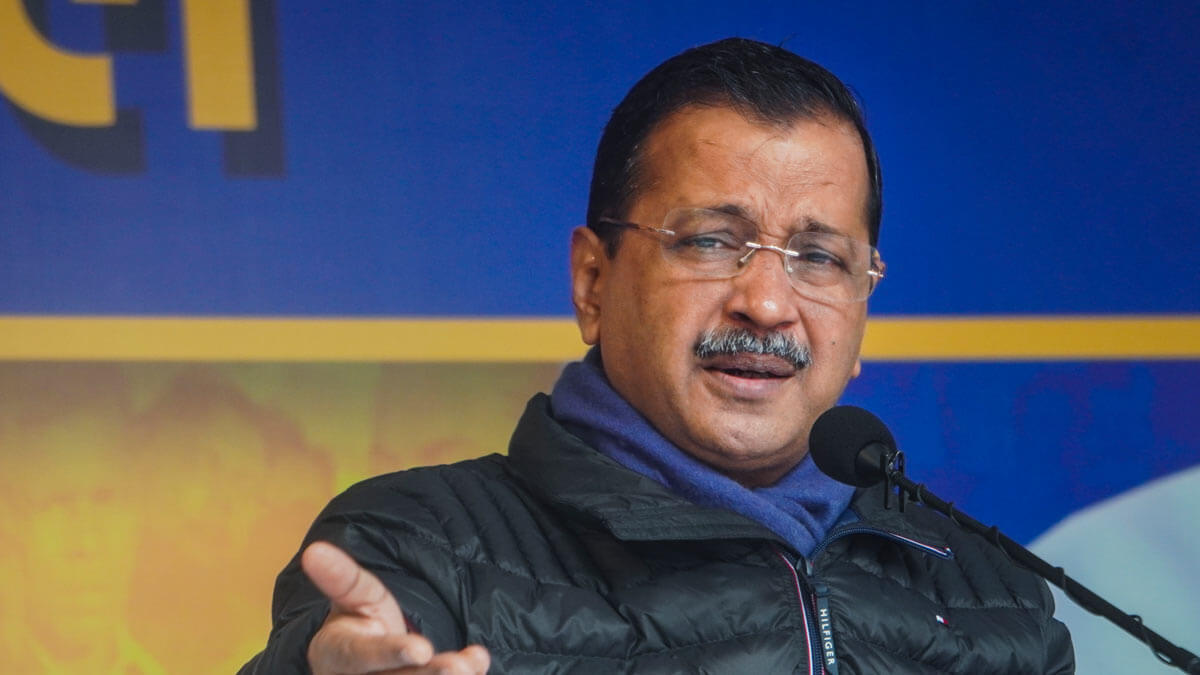

.jpg)
.jpg)
.jpg)
.jpg)

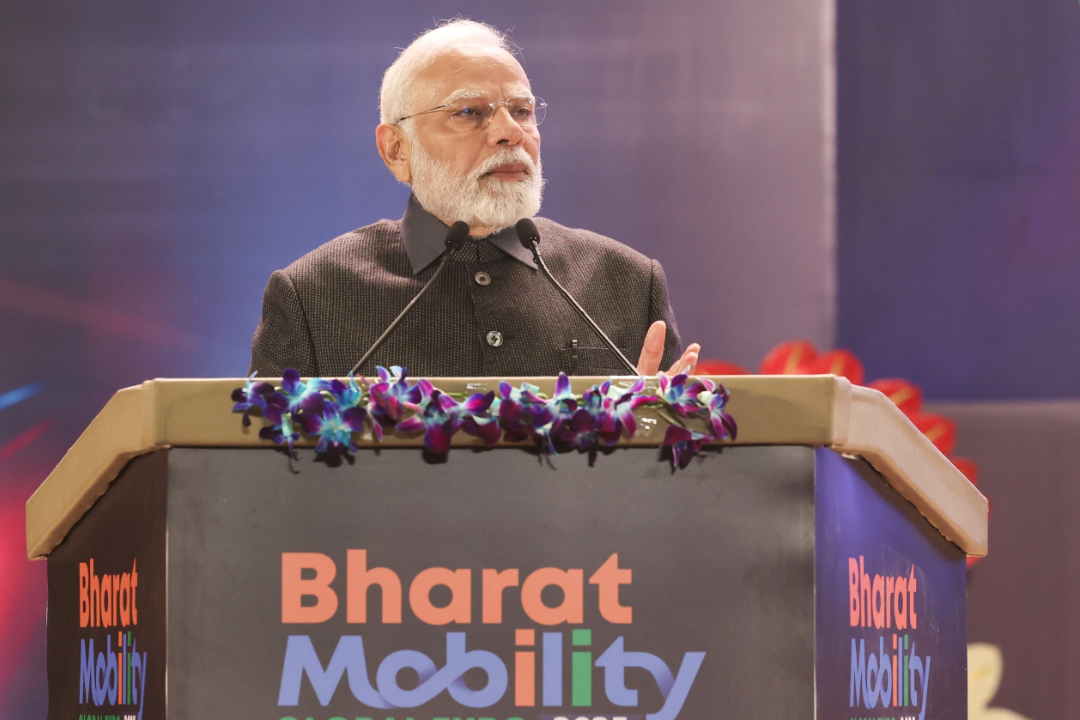
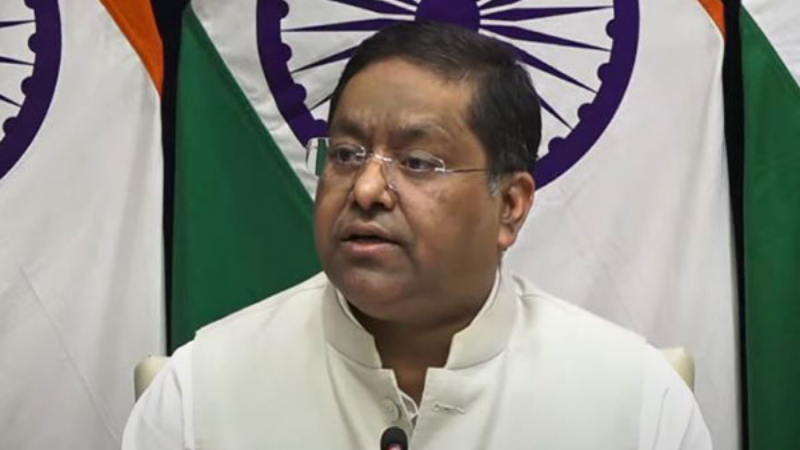
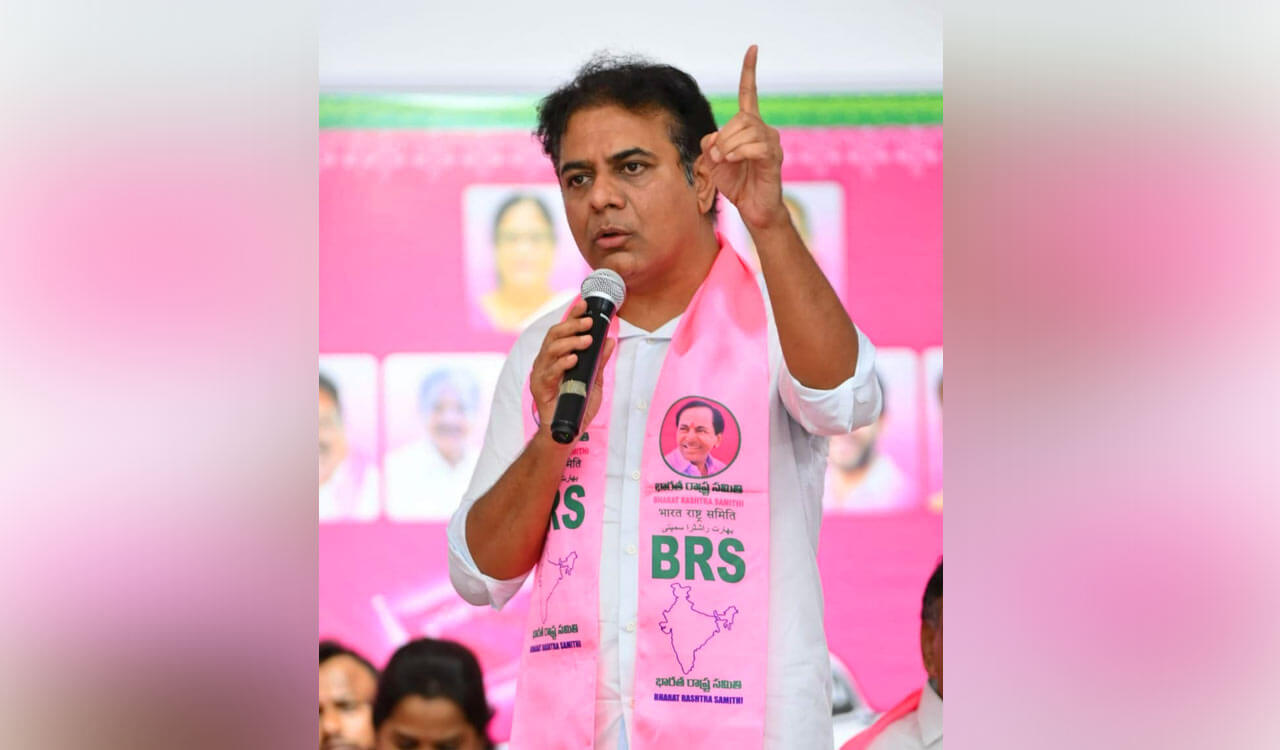
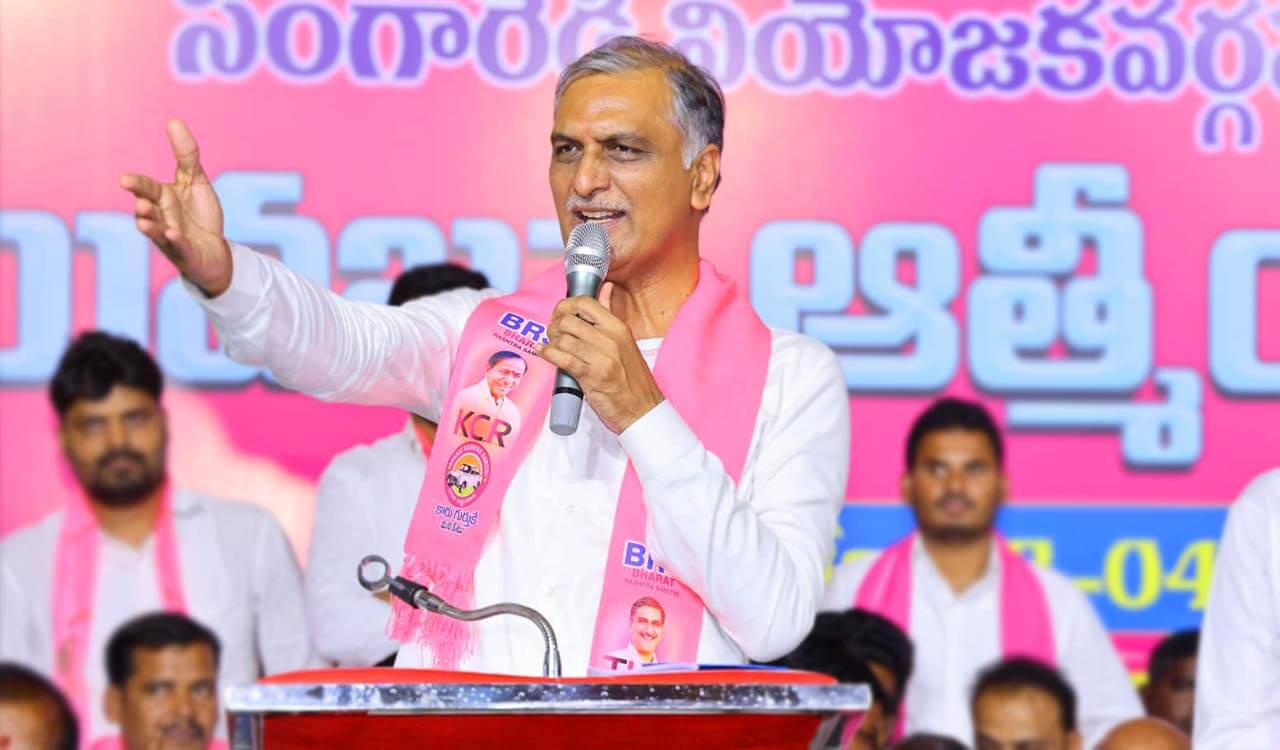
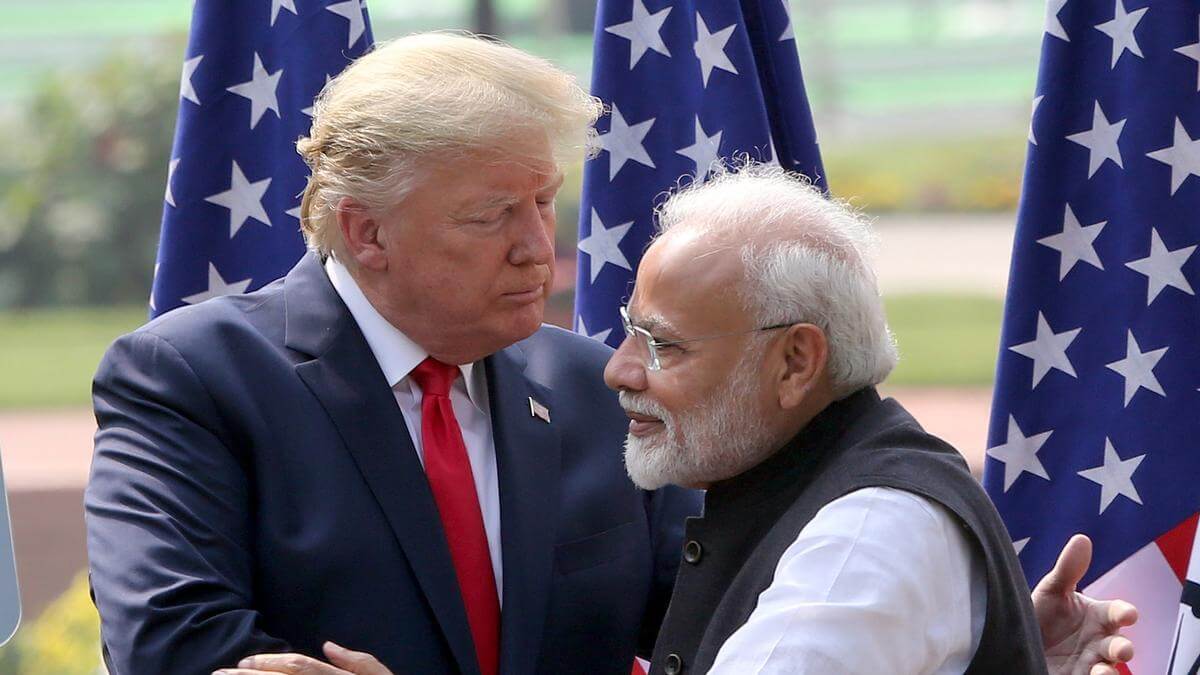
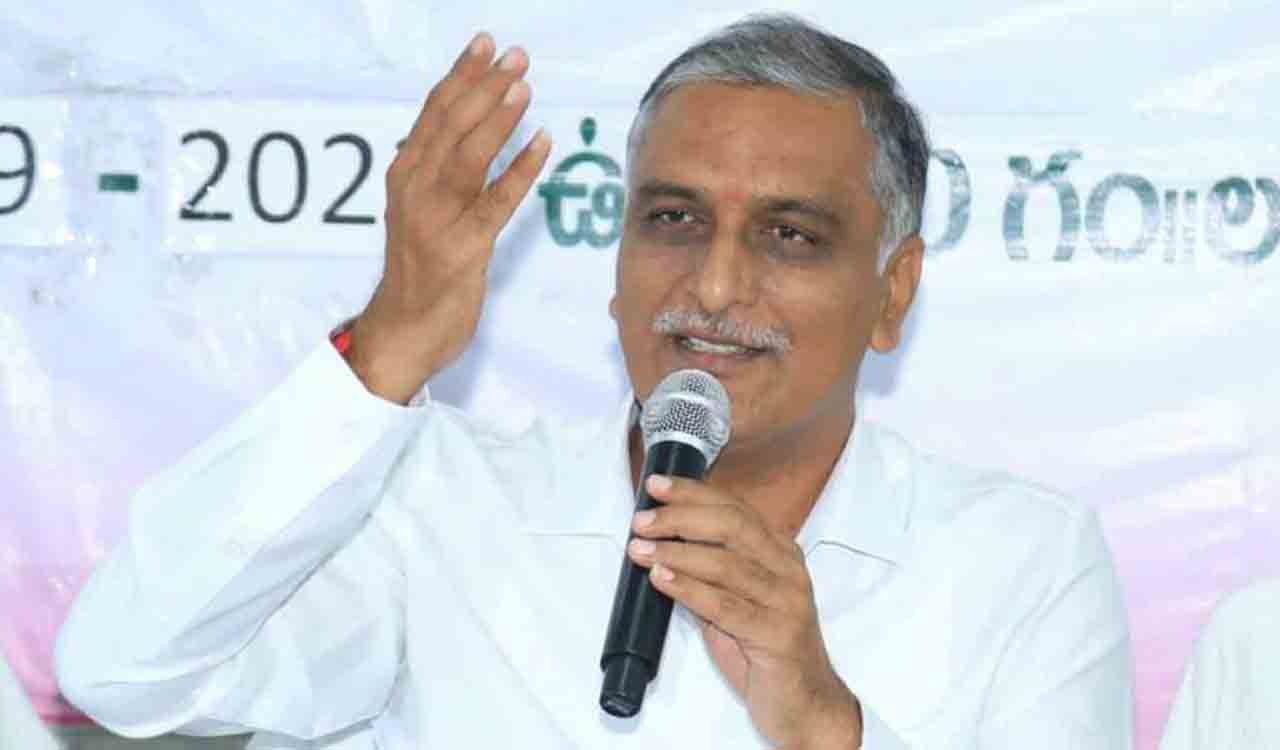
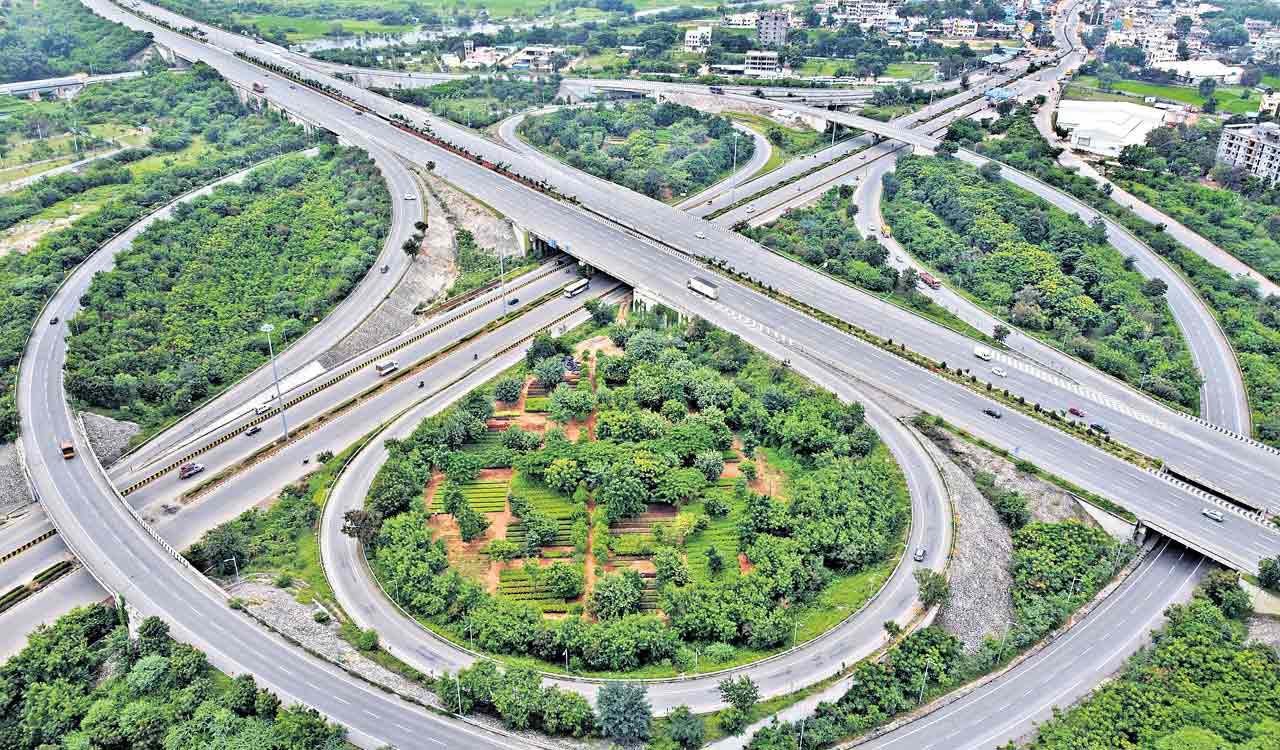
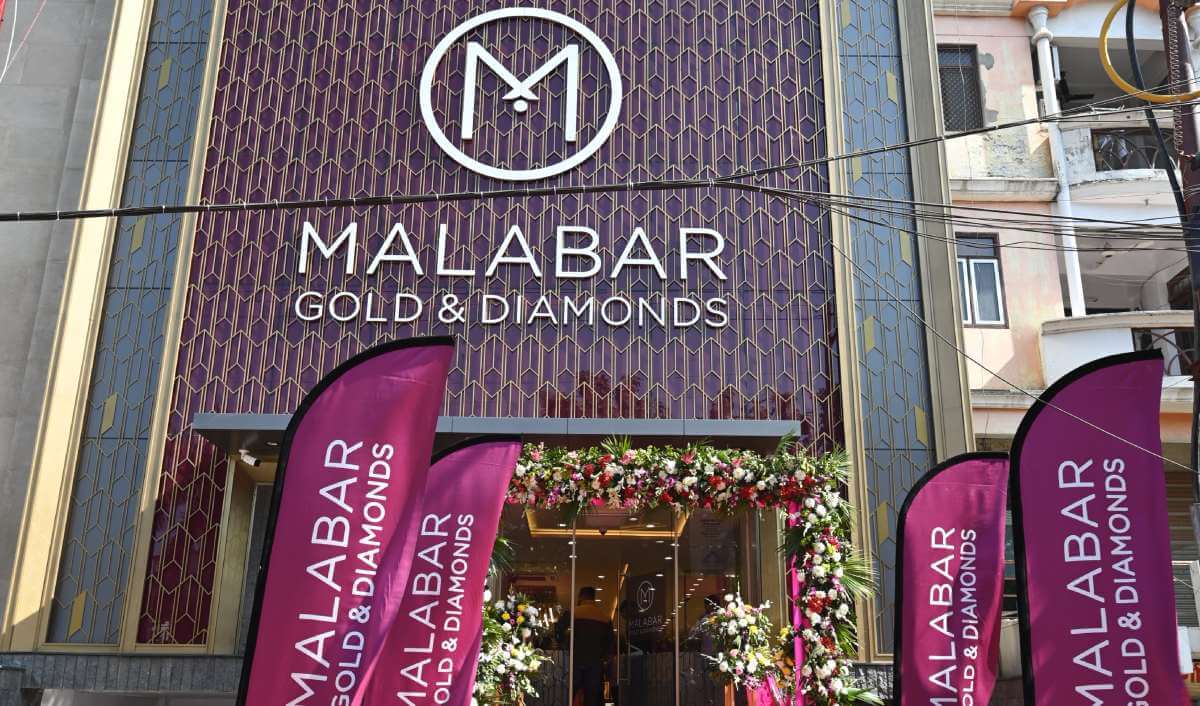
.jpg)
.jpg)
.jpg)
.jpg)
.jpg)
.jpg)




